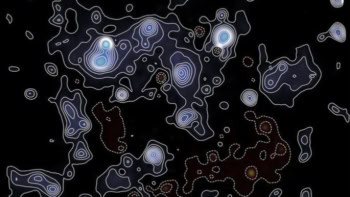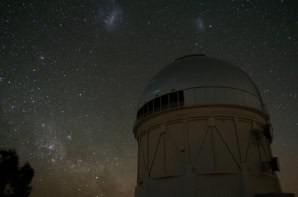The Royal Society – perhaps the world’s oldest and most prestigious scientific society – is celebrating its 350th anniversary this year. It was founded in 1650 by a group of 12 natural philosophers, including Robert Boyle, best known for his law describing how the pressure of a gas rises as it is compressed at constant temperature. Over the years, the society has had plenty of links with physics – past presidents include Isaac Newton, J J Thomson, Lord Kelvin and Ernest Rutherford and the current president is the Cambridge University astrophysicist and cosmologist Martin Rees.
Speaking in this exclusive video interview with physicsworld.com, Rees explains why he thinks the Royal Society still has an essential role to play in the modern world. For Rees, the society’s strengths lie in its ability to promote and disseminate science – and in the increasing amount of scientific advice it offers to politicians on topics like energy and climate change.
In a wide-ranging discussion, Rees also welcomes President Obama’s decision not to return astronauts to the Moon.
“Given the financial constraints, if I were an American taxpayer I would entirely support it,” he says. “I think it is very important we pursue science in space [but] the case for sending people into space is getting weaker all the time with every advance in robotics and miniaturization. I still believe in the long run that there is a role for people in space, but that’s just for an adventure – not for any practical purpose.”
As for what are the most exciting developments in astronomy, Rees cites the search for Earth-like extrasolar planets, the study of the cosmic microwave background by the Planck satellite and the ability of the Herschel infrared telsecope to understand how the earliest galaxies formed.
The interview with Rees took place at the Royal Society’s “presidential flat” – a kind of up-market crash-pad at the society’s headquarters at Carlton House Terrace in central London. The flat has great views out onto the London Eye, Big Ben and the Houses of Parliament, where Rees – as a member of the House of Lords — had spent the morning giving evidence to a scientific committee. That was followed by a radio interview and then us.
Add in his duties as master of Trinity College Cambridge, and it’s not surprising that Rees only has time for research at weekends. But, as he explains, he is “in a style of life that is fascinating”.



